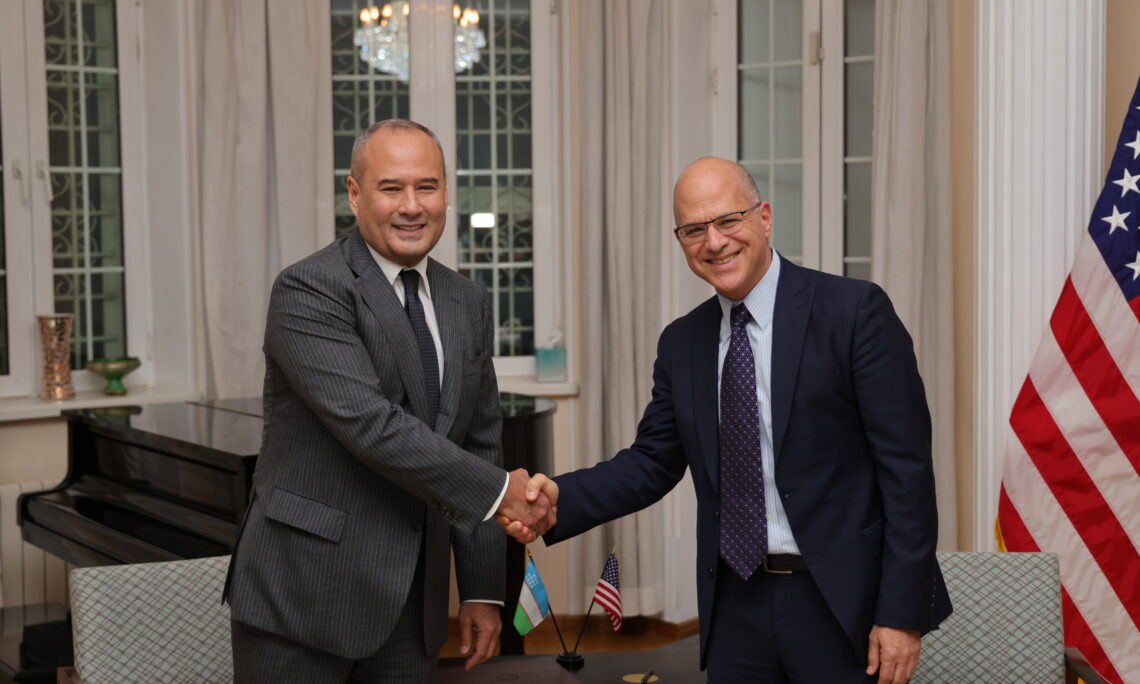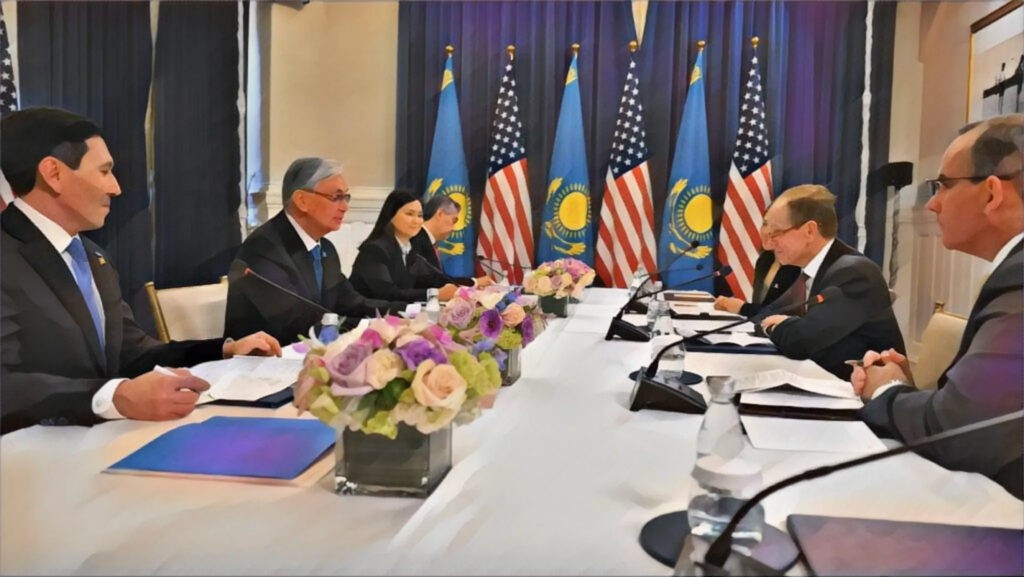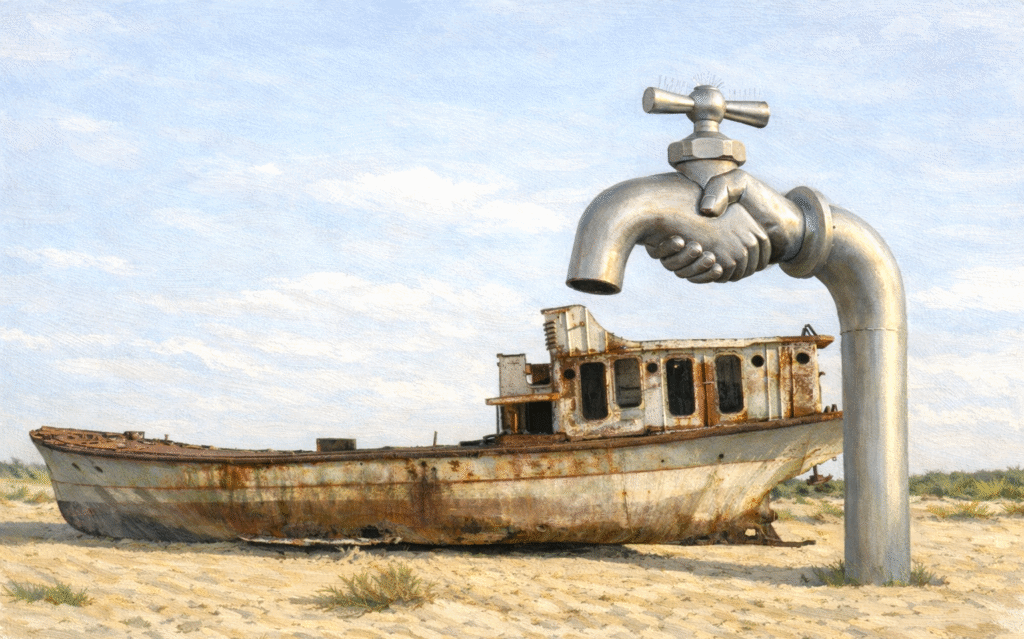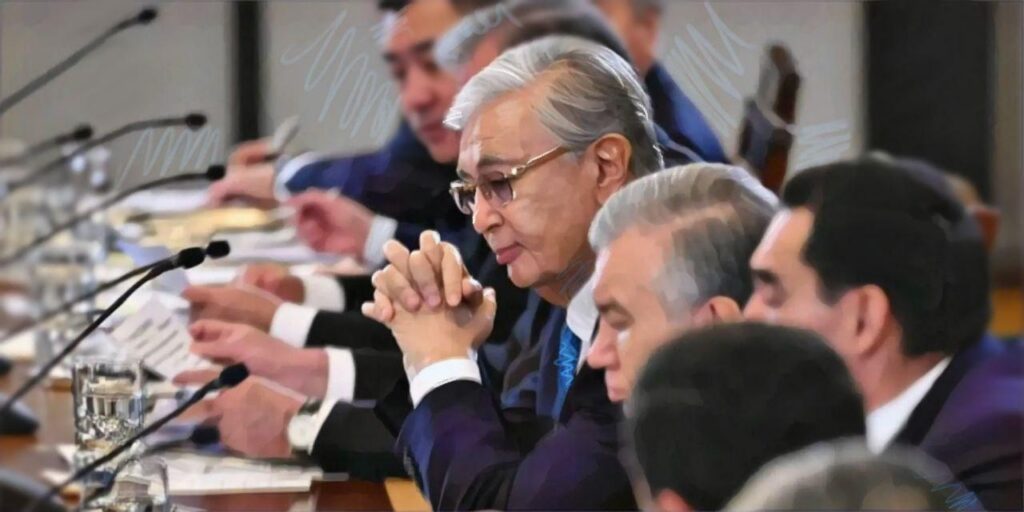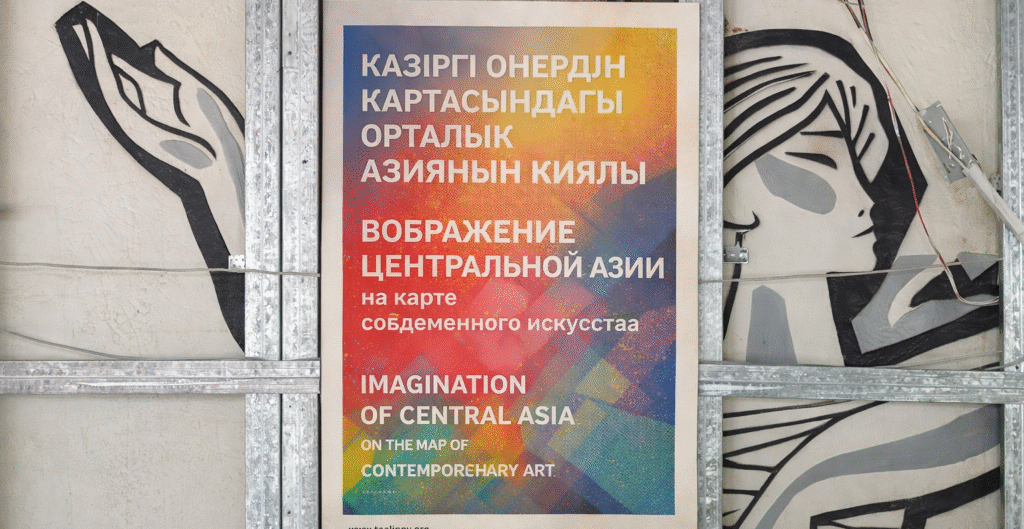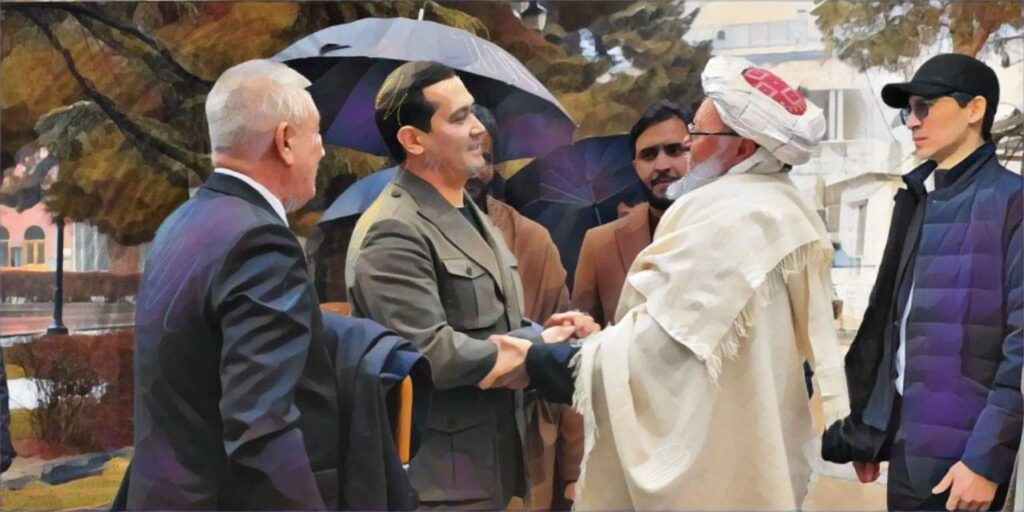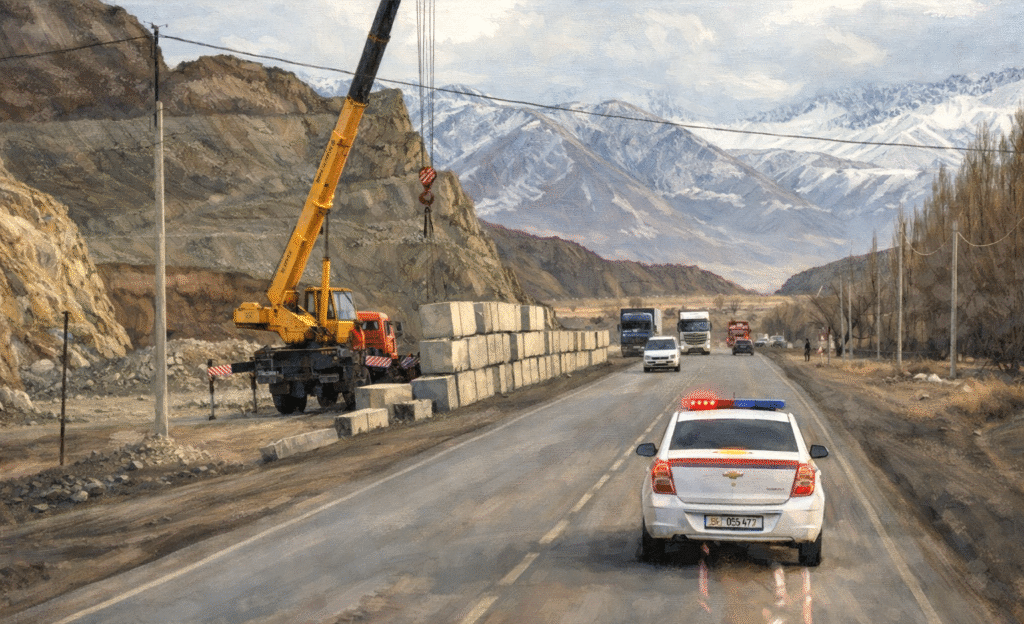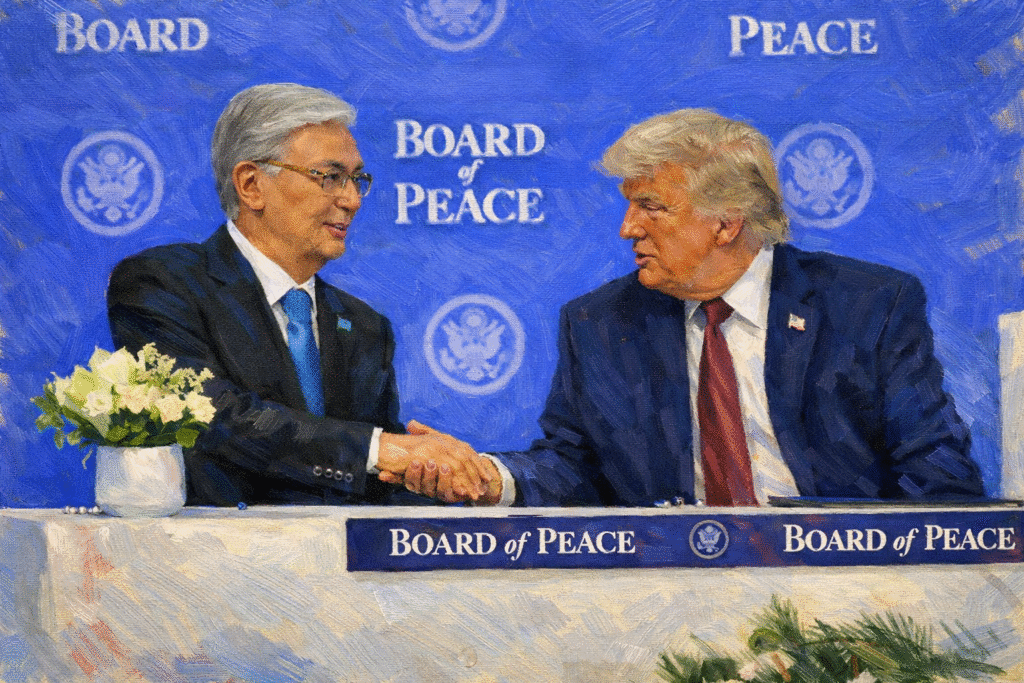On September 16, the U.S. Ambassador to Uzbekistan, Jonathan Henick, and Uzbekistan’s First Deputy Minister of Geology, Omonullo Nasritdinkhodjaev, signed a Memorandum of Understanding to strengthen cooperation on critical minerals.
As reported by the U.S. Embassy in Uzbekistan, the signing took place ahead of the Uzbek government’s participation in MINExpo INTERNATIONAL, the mining industry’s largest global event, which will take place from September 24 to 26 in Las Vegas.
At the C5+1 summit in New York in September 2023, U.S. President Joe Biden, Uzbek President Shavkat Mirziyoyev, and the leaders of Kazakhstan, Kyrgyzstan, Tajikistan, and Turkmenistan announced their intention to launch a Critical Minerals Dialogue. The Uzbek-U.S. Memorandum signifies the intention of the United States and Uzbekistan to advance this effort, strengthen economic cooperation, and catalyze investment that advances the clean energy transition while protecting Central Asia’s unique ecosystems.
As critical minerals and rare earth elements are essential for clean energy and other technologies, and play an increasingly important role in the economies of both countries, the Embassy said that the United States is actively working to encourage private sector investment in Uzbekistan’s mining sector. It added that the memorandum further reflects both nations’ shared goal of ensuring high environmental, labor, and governance standards in the global mining sector.
Ambassador Henick commented: “The United States and Uzbekistan must cooperate to have resilient, secure supply chains supporting the future energy landscape. This memorandum demonstrates our commitment to diversifying global mineral supply chains and expanding our bilateral trade relationship. We are delighted to mark another milestone in our expanding Strategic Partnership with Uzbekistan.”
In April 2024, Uzbekistan and the European Union signed a Memorandum of Understanding launching a strategic partnership on critical raw materials (CRMs).
Uzbekistan has the second-largest reserves of CRMs in Central Asia (after Kazakhstan), with significant deposits of copper, molybdenum, and gold. The country’s mining strategy aligns with its ambitions to increase CRM processing of CRMs for domestic and international industries, particularly in automotive and consumer electronics.
